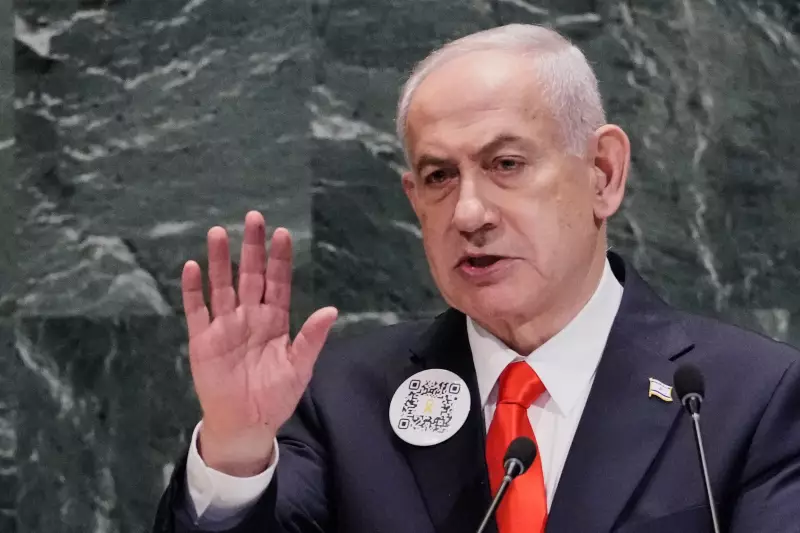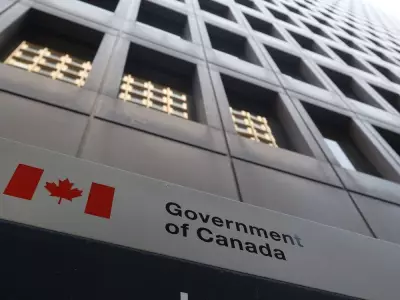
Turkey Takes Legal Action Against Israeli Leader
In a significant escalation of diplomatic tensions, Turkish authorities have issued an arrest warrant for Israeli Prime Minister Benjamin Netanyahu on charges of genocide. The warrant represents one of the most dramatic legal actions taken against a sitting world leader in recent history.
The development comes amid ongoing conflicts in the Middle East and marks a substantial deterioration in relations between Turkey and Israel. The arrest warrant specifically targets Netanyahu for his alleged role in military operations that Turkish authorities claim constitute genocide under international law.
Legal and Diplomatic Implications
This unprecedented legal move by Turkey could have far-reaching consequences for international diplomacy and the application of international law. The warrant raises complex questions about jurisdictional authority and the legal immunity typically afforded to sitting heads of government.
The timing of this announcement coincides with Netanyahu's recent address to the United Nations General Assembly on September 26, 2025, where he defended Israel's security policies. Legal experts suggest that while such warrants are largely symbolic for sitting leaders, they can significantly impact international travel and diplomatic relations.
Regional and Global Reactions
The arrest warrant is likely to further strain relations between Turkey and Israel, two regional powers with historically complex diplomatic ties. This action may also influence how other nations approach similar legal mechanisms in international disputes.
International legal scholars are divided on the practical implications of the warrant, with some viewing it as a legitimate exercise of universal jurisdiction while others see it as primarily political in nature. The warrant was formally issued on November 07, 2025, according to official Turkish sources.
As the situation develops, observers will be watching closely to see how other nations respond to Turkey's legal action and what impact this might have on broader Middle East diplomacy. The move represents a significant escalation in the use of legal mechanisms to address international political disputes.





